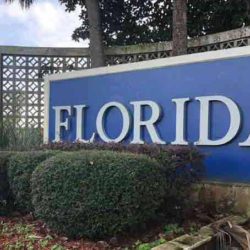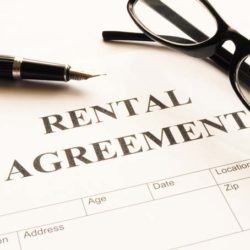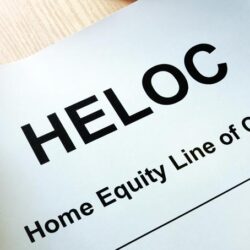One of our readers wrote in with a question. It was lengthy and had personal details he didn’t want to share, so it is summarized. In a nutshell, he owns a plot of vacant land in a prime area of Costa Rica but won’t be using it full-time. He was all set to start building a house on the land in March, but lost his job at that time due to the pandemic, and put it on hold.
He is rethinking the situation, and wants to make sure he is making the best financial decision for himself, so is trying to decide if he wants to sell it outright, build to rent, or build to sell.
Even if the numbers work, you still need to factor opportunity cost

We don’t have any specific numbers from him so I can’t make an informed recommendation on the financial merits of what to do with his vacant land (besides, we are not licensed financial advisors so can’t legally give specific financial advice). He mentioned that the real estate and legal people he spoke to in Costa Rica advised him that it would be more profitable to build on the land. Even if that is the case, you still need to factor in the opportunity cost.
Opportunity cost, according to Investopedia, is the foregone benefit that would have been derived by an option not chosen. In this case, if you decide to build, the option not chosen is not to build on the land, and the foregone benefit of that is not just the cash you would be spending to build (which of course is significant), but also what else you could be doing with the time, mental effort and emotional energy you would spend building.
Lost money can be regained – investments can come back, you could work a second job, you could start a new business. But lost time is gone forever. What is the highest and best use of your time? Is it overseeing a build on the vacant land, or is it spending no additional time on this land (i.e., finding a reputable real estate agent to sell it for you) and redirecting that time to something else?
Liquidity risk is another important consideration especially when you’re unemployed
Time is an important consideration for this reader since he is unemployed and needs time to look for a job. In addition, cash on hand is arguably more valuable right now because he doesn’t have a paycheck coming in, and it will be difficult to get a loan without an income.
Spending what cash you have on building a structure poses liquidity risk because once the cash is in the property, it’s next to impossible to get it back out, especially in Costa Rica where there are little financing options for foreigners.
Even if you think you could sell more easily or for a bigger profit with a structure on the land, it is not guaranteed, and you are illiquid while the property is being built until it is sold. Even if you think you could rent the property to get some cash out of it, you may not be able to rent it for as much as you expect or for as many days as you expect.
We are in a pandemic with limited travel and tourism – as of November 1, Costa Rica borders are now open to tourists, but it will be some time before travel returns to pre-pandemic levels. The pandemic is stress-testing all of our income streams, including our current Costa Rica rentals, and cash has helped us immensely during this pandemic, as we had to carry the expenses for three vacation rentals rentals while borders were closed and leisure spots shut down.
There are also non-financial considerations – such as happiness
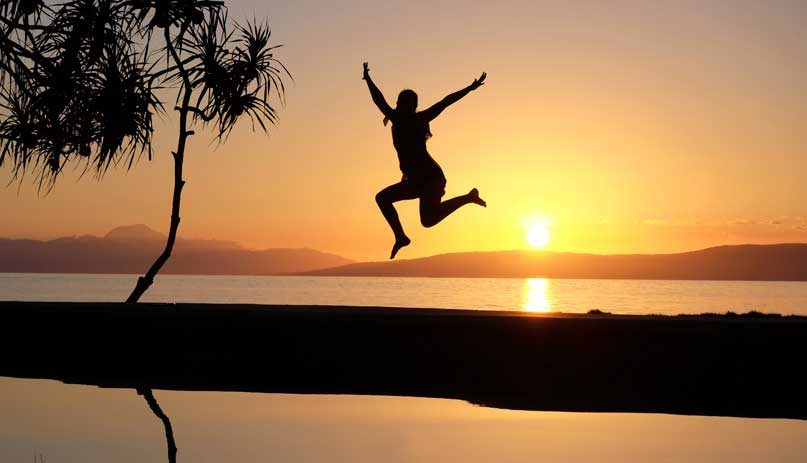
There are many different options for making money in real estate. I have posted before about real estate activities that have been very profitable for other investors but that we have decided not to pursue. One of the key factors in our decision-making is enjoyment.
For this reader, would he enjoy building on spec? Would he enjoy overseeing a rental property (even if you don’t manage it day-to-day, you still need to manage the manager)? Or, would he rather not put any more time into this, sell as vacant land, and pursue something else more enjoyable?
The enjoyment factor is a priority for us, but it isn’t necessarily that way for everyone. This might be a time in your life when you don’t mind bearing down and working extra hard, even if you don’t enjoy the day-to-day because whatever the end result you’re anticipating later is more important than enjoyment right now. Or maybe you do enjoy the prospect of building on spec or owning a rental that you designed or retaining ownership of something in Costa Rica.
What would Jeff Bezos do?
Love him or hate him (we recently cancelled our Prime membership), I do admire Bezos’ business acumen, especially his Type 1 and Type 2 framework for making decisions. In a nutshell, Bezos looks at the reversibility of decisions to decide how long to deliberate. A Type 2 decision is easily reversible – like buying a stylish jacket on impulse. You may regret spending the money if it turns out the jacket isn’t well-made or doesn’t suit you well, but it won’t break the bank. Buying a house, however, is probably a Type 1 decision for many because it’s not easy to unwind. It typically takes up a lot of your free cash, and it would take time to sell it should you change your mind.
I try not to sweat Type 2 decisions and make them quickly and decisively. For Type 1 decisions, I see if I can bring them closer to Type 2. In the case of a real estate investment, we have mitigated our risks in different purchases in several ways:
- by limiting how much of our total portfolio is at risk with any deal
- by making sure we had various exit options for the property
- by buying properties that would cash flow positively so we could hold out if the market turned on us and we couldn’t sell.
Some of the above might be applicable for our reader’s calculations. It seems like the build-out would take up much of his cash, but if he could get a private loan instead of paying cash, that could minimize the liquidity risk. Even though Costa Rica doesn’t offer financing to foreigners, there are alternatives to the traditional mortgage (see my post about options for my friend who was recently denied a mortgage).
If he lines up a buyer before he breaks ground on the house, that could increase the probability of a successful exit. Or if he could line up a renter in advance, that could shorten the holding period before he started cash-flowing again.
Here’s what I would do

We don’t have his numbers firsthand, and we aren’t licensed to give financial advice, so I’m not giving any recommendations. But here’s what I would do:
- I would try to make this more of a Type 2 than Type 1 decision according to the Bezos framework.
- I would also consider non-financial issues, such as enjoyment, which happens to be my priority, but it could also be challenge, adventure, creativity or some other value that is realized by this real estate deal and is therefore a valuable consideration, in addition to whatever the numbers say.
- Given the pandemic, I would prioritize a strong cash position and would be wary of anything that makes me more illiquid right now.
- I would include the opportunity cost of my time, efforts and focus and weigh these even more heavily than the financial costs.
I could see any of the options for the land – sell vacant, build to sell, build to rent — being a good option, depending on your individual weighing of the four issues above, plus the actual numbers.
Do you agree? How would you advise this reader on the next steps for his vacant lot?

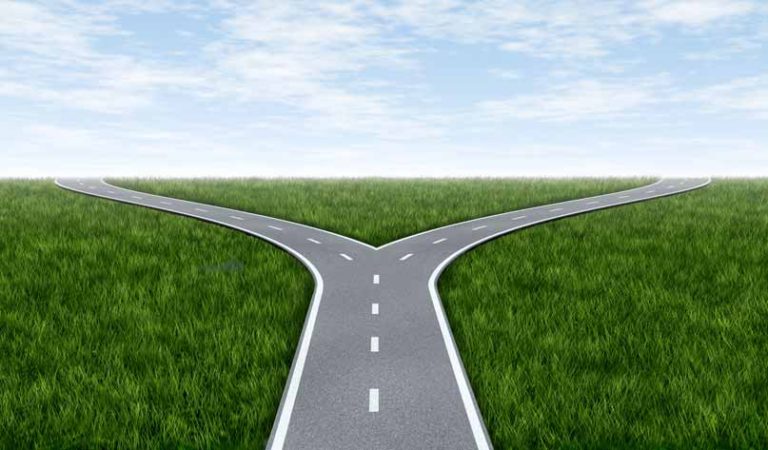
 We are Scott and Caroline, 50-somethings who spent the first 20+ years of our adult lives in New York City, working traditional careers and raising 2 kids. We left full-time work in our mid-40’s for location-independent, part-time consulting projects and real estate investing, in order to create a more flexible and travel-centric lifestyle.
We are Scott and Caroline, 50-somethings who spent the first 20+ years of our adult lives in New York City, working traditional careers and raising 2 kids. We left full-time work in our mid-40’s for location-independent, part-time consulting projects and real estate investing, in order to create a more flexible and travel-centric lifestyle.  Financial independence and early retirement is not something we originally focused on, but over time realized it was possible. Our free report,
Financial independence and early retirement is not something we originally focused on, but over time realized it was possible. Our free report, 
